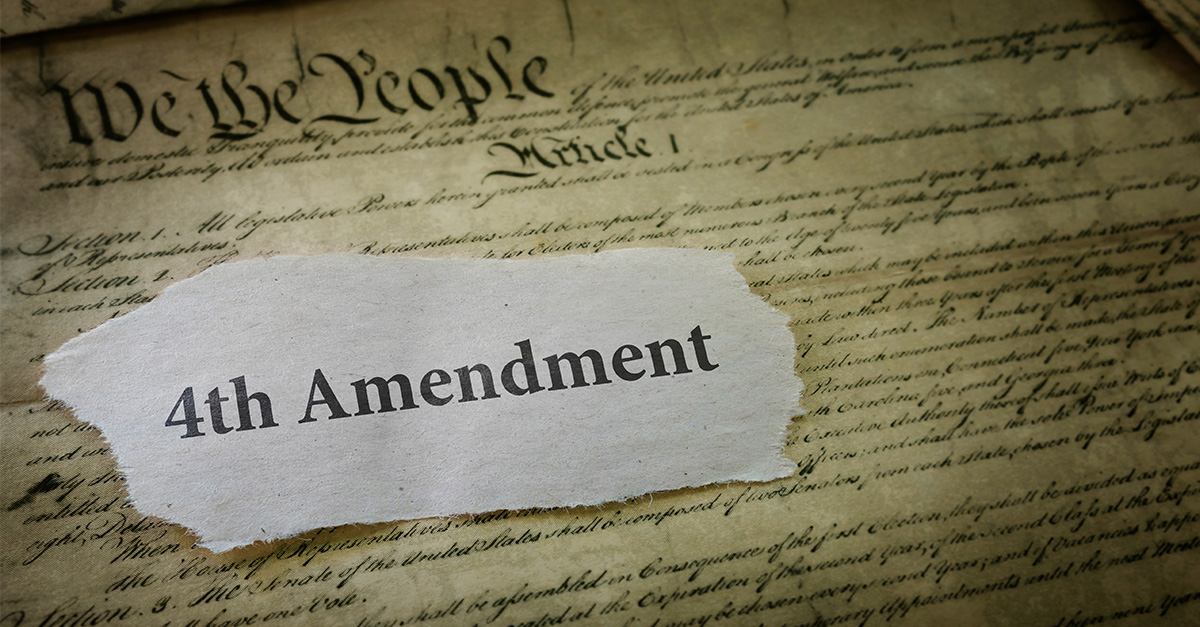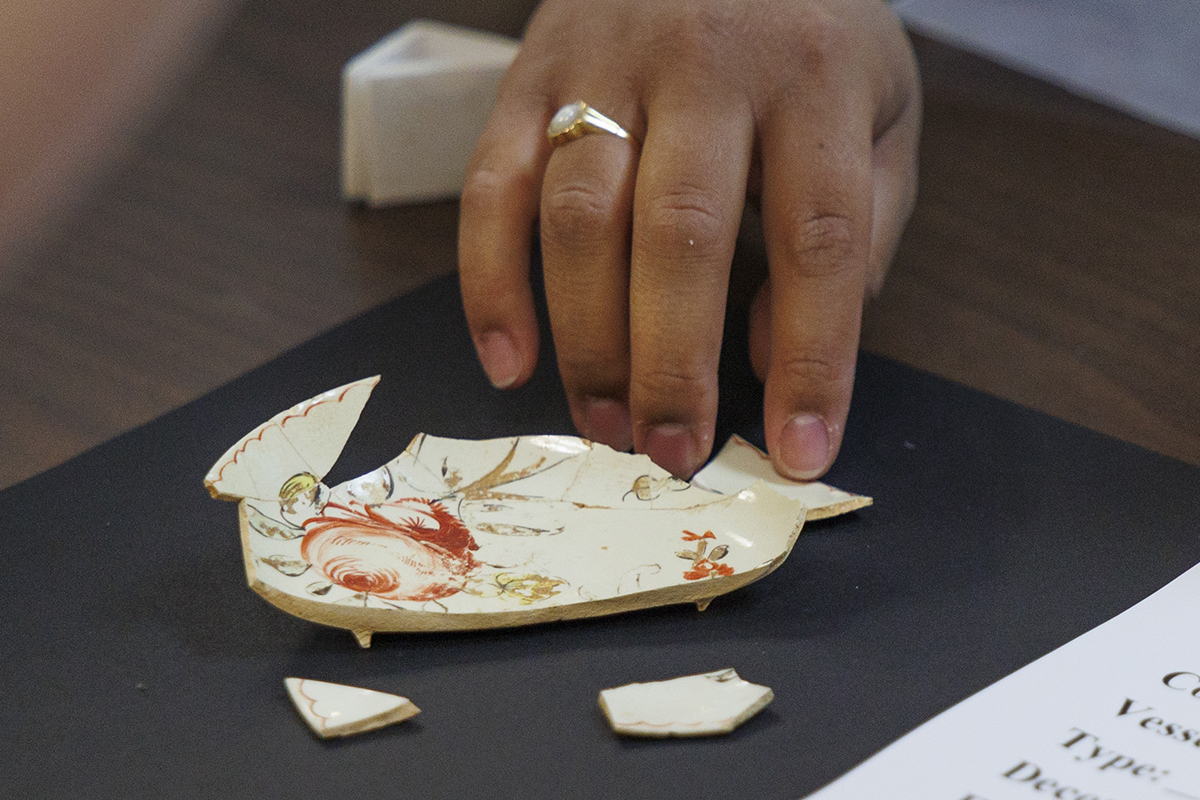


Get a free copy of Parental Rights & Education when you subscribe to our newsletter!

[UPDATE] The U.S. Court of Appeals for the Ninth Circuit has ruled that the FBI violated the Fourth Amendment when it exceeded the narrowly construed parameters of a warrant and instead seized 1,400 safety deposit boxes with the intent of launching more criminal charges and retaining the contents of the boxes.
The FBI had no evidence of wrongdoing by any of the individual holders of deposit boxes so it had no justification to search the contents of their boxes or launch any criminal investigations. Knowing this, the FBI told Kim they only wanted to seize USPV’s facilities and the “instrumentalities of its crime,” including the “nests,” or the exterior infrastructure, of the safety deposit boxes. “The warrants authorize the seizure of the nests of the boxes themselves, not their contents,” part of the warrant read, with the word “not” clearly underlined by the judge.
“By seizing the nests of safety deposit boxes themselves, the government will necessarily end up with custody of what is inside those boxes initially,” the FBI wrote.
The FBI’s affidavit stated that the agents would “follow their written inventory policies” and “attempt to notify the lawful owners of the property stored in the boxes how to claim their property.”
The FBI said searches of the boxes would “extend no further than necessary to determine ownership.”
That was a lie, however, as internal communications show the FBI had always planned to launch additional investigations based on the contents in the boxes and then to seize the contents of any box containing over $5,000 cash.
On granting the warrant, Kim pointedly wrote: “This warrant does not authorize a criminal search or seizure of the contents of the safety deposit boxes.”
If the FBI had told him its plan, the judge likely never would have granted the request.
FBI members testified that while they “owe a duty of candor to courts,” that candor “is about known facts that have already occurred” and so it was not obligated to tell Kim “how later actions, such as criminal investigations against boxholders or forfeiture of box contents, would play out.”
The FBI meticulously combed through the boxes using drug dogs to sniff contents; they also relied on weak justifications to launch new criminal investigations, such as if they found cash bundled in rubber bands or if the money smelled like marijuana, even though marijuana is legal in California.
The law enforcement agency took the stance that everyone who kept their belongings at USPV was involved in a crime, even though it had no evidence of such crimes and even though it knew that USPV had attempted to attract non-criminal customers.
FBI agent Lynne Zellhart, who put together much of the affidavit, stated that it would be “irrational” for anyone who wasn’t a criminal to keep their possessions or money there.
“Only those who wish to hide their wealth from the DEA, IRS, or creditors would” keep a box at U.S. Private Vaults, she wrote.
That also turned out not to be true.
Many of the customers showed no evidence of ever committing or intending to commit a crime.
Some simply didn’t trust banks or their bank didn’t have any safe deposit boxes available. Some wanted a convenient place to keep emergency cash. One plaintiff lived in a wildfire-prone region and wanted a safe place to keep sentimental belongings, including family memorabilia, as well as legal documents. Others wanted a secure place to store gold or silver. One box even held cremated remains of a loved one.
Many months passed, but the FBI had still not returned the contents of the deposit boxes, even after some of the owners filed suit. Eventually, the FBI returned some of the contents of the boxes but kept much of it, including tens of millions of dollars’ worth of cash, gold, silver, and jewelry.
The government later posted a piece of paper on the side of U.S. Private Vaults with a link for owners to file for the return of the contents. Some of the plaintiffs in lawsuits against the FBI claim that when an owner would request the contents, the FBI would use that to justify launching a criminal investigation.
Shockingly, a district court partially decided in the FBI’s favor, ruling that it had not violated the Fourth Amendment under a method known as inventory searching.
The Ninth Circuit saw the case much differently.
The three-judge panel “found it particularly troubling” that the FBI had not been able to express a limiting principle to check the scope of inventory searches. The judges noted that the government failed to explain why this exception would “not open the door to the kinds of ‘writs of assistance’ the British authorities used prior to the Founding to conduct limitless searches of an individual’s personal belongings,” noting that it “was those very abuses of power, after all, that led to adoption of the Fourth Amendment in the first place.”
The court ruled that the FBI had violated the Fourth Amendment protections against unreasonable search and seizure and remanded the case to the district court.
Rob Johnson, an attorney for the Institute of Justice, which represents some of the plaintiffs, said in a statement,
“Today’s opinion draws a line in the sand. If this had come out the other way, the government could have exported this raid as a model across the country. Now, the government is on notice its actions violated the Fourth Amendment.”
{Originally published on June 29, 2021} A federal judge has issued a temporary restraining order blocking the FBI from continuing the forfeiture process on the contents of plaintiffs’ safe deposit boxes without charging them with a crime.
Last week, U.S. District Judge R. Gary Klausner halted the FBI’s plans to confiscate roughly $85 million worth of cash, gold and silver, jewelry, and other valuables from boxes rented from U.S. Private Vaults, a private company in California.
Klausner ruled that the Fourth and Fifth Amendments protect against the unmerited seizure of property and that the government is required to cite the “specific statutory provision” that allows it to take property. He wrote, “This notice, put bluntly, provides no factual basis for the seizure of Plaintiffs’ property whatsoever.”
While U.S. Private Vaults has been indicted for conspiring to sell drugs, launder money, and carry out cash transactions to avoid detection, the FBI has provided no evidence that the customers whose deposit boxes it chose to confiscate are guilty of any wrongdoing.
The search warrant granted to the FBI permitted the organization to seize business computers, money counters, and the nests of safety deposit boxes and keys, but it explicitly stated that authority was not granted for a criminal search and seizure of the contents of the boxes.
The FBI ignored that direction. In violation of the warrant, the FBI not only conducted criminal searches, but it seized the contents of hundreds of safety deposit boxes and has failed to return the contents to many of the owners.
Four customers filed suit against the FBI, leading to the temporary restraining order, which the judge ruled was also a violation of due process. These include Joseph Ruiz, who had $57,000 in life savings, all obtained through legal settlements, confiscated from his box; other boxholders had family heirlooms, collectible coins, gold and silver, “rainy day funds,” and “precious items” with only sentimental value taken.
Robert Frommer, an attorney for Institute for Justice (IJ), which is representing the plaintiffs, described the FBI’s actions as the “most outrageous Fourth Amendment abuse that the Institute for Justice has ever seen. It is like the government breaking into every apartment in a building because the landlord was dealing drugs in the lobby.
In a statement, he added,
“Hundreds of innocent people have had their lives turned upside down by the government’s $85 million cash grab. This order squarely rejects the government’s ‘anemic notices’ as an unconstitutional attempt to take box holders’ property for no good reason…. Government officials can’t permanently take your property without first saying what you’ve done wrong. This ruling should lead the FBI to abandon its efforts to steal over $85 million through civil forfeiture.”

The FBI’s already damaged reputation continues to take a beating — and it’s no one’s fault but their own. The law enforcement organization has developed a habit of running roughshod over constitutional rights to pursue its agenda.
Whether U.S. Private Vaults has committed crimes remains to be seen, but the idea that the government would take people’s property without providing any evidence of criminal behavior or charging them with a crime is hard to fathom.
Our system of assuming that everyone is innocent until proven guilty and our Fourth and Fifth Amendment protections mean that the onus is on the prosecution to prove someone has committed a crime. Simply having your belongings in a deposit box at a business that is suspected of a crime does not make you a criminal and the government had no right to seize their property — especially when the judge who issued the search warrant explicitly told the FBI not to do it.
It is concerning to see such blatant disregard for due process by the FBI, but encouraging to see that, at least in this case, our system of checks and balances works and that these citizens’ civil liberties have been protected.
If you like this article and other content that helps you apply a biblical worldview to today’s politics and culture, consider making a small donation here.


Notifications